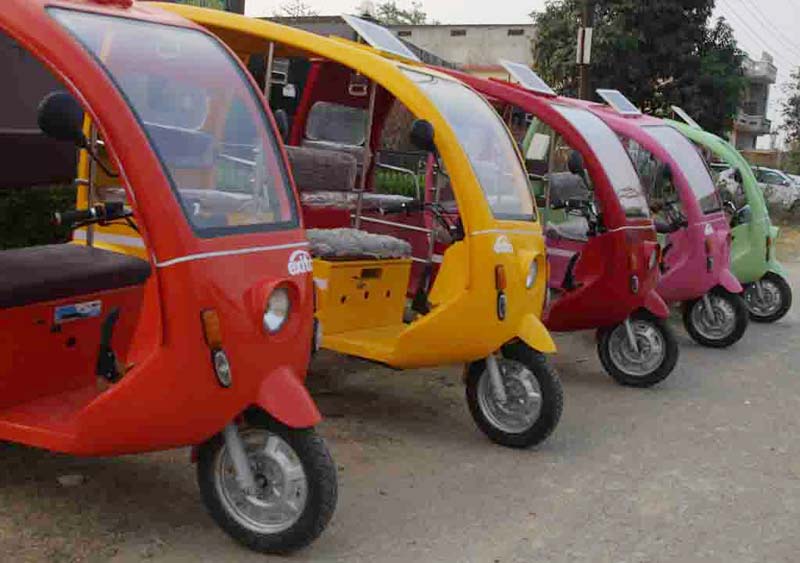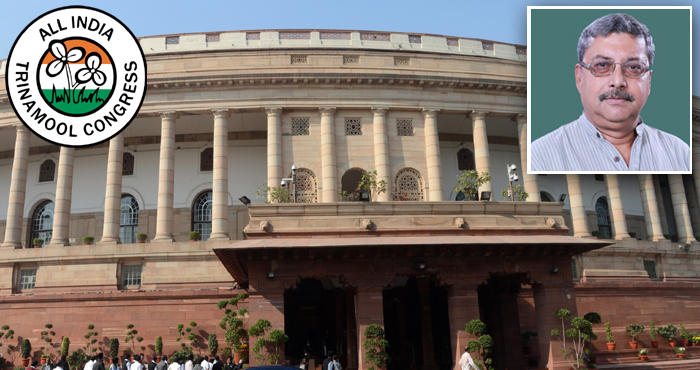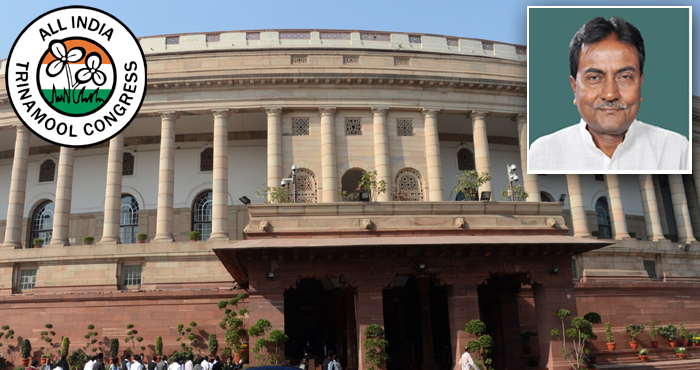Today is Nandigram Dibas. We remember the martyrs who fell to the bullets of police and cadres, under the instructions of CPI(M) on this day, ten years ago.
In January 2007, farmers in Nandigram erupted in protest against a proposed special economic zone (SEZ).
On March 14, the then Chief Minister Buddhadeb Bhattacharya sent 2,500 policemen to ‘recapture’ Nandigram, but unofficially, they were accompanied by CPI(M) cadres.
Officially, 14 farmers died in the firing, but over 100 were declared “missing”. A similar attempt in November by the cadres finally ‘recaptured’ Nandigram. Buddhadeb Bhattacharya showed no remorse as he said, “They (farmers and Trinamool activists) have been paid back in their own coin.”
In its final report, the People’s Tribunal on Nandigram had called the violence of March 14, 2007 a “pre-planned, state-sponsored massacre” carried out “to teach a lesson” to people opposing the SEZ project on their land.
The Tribunal report, handed over to Gopal Krishna Gandhi, Governor of West Bengal on August 8, also called for the re-arrest of the ten CPI(M) cadres taken into custody earlier by the CBI but let off on bail due to the deliberate laxity of the West Bengal State police in filing charges against them within the statutory period.
ফিরে দেখা নন্দীগ্রাম
২০০৭ সালের ১৪ ই মার্চ পশ্চিমবঙ্গের পূর্ব মেদিনীপুর জেলার নন্দীগ্রামের ১ নম্বর ব্লকে ১৪ জন নিরাপরাধ গ্রামবাসীর প্রাণ ছিনিয়ে নিয়েছিল সশস্ত্র পুলিশ ও একদল বন্দুকবাহিনী। এছাড়াও আহত হয়েছিল হাজারের উপর নিস্পাপ গ্রামবাসী যাদের মধ্যে অনেকই মহিলা এবং শিশুও ছিল। মিডিয়া ও বাইরে থেকে যাতে কেউ ঢুকতে না পারে, তাই তারা নন্দীগ্রামের ঢোকার সব রাস্তা বন্ধ করে দিয়েছিল।
শুধুমাত্র একটি টিভি চ্যানেলই সেই মর্মান্তিক হত্যাকাণ্ডের ও মারপিটের লাইভ কভারেজ করেছিল। ঠিক দুদিন পরে অর্থাৎ ১৬ই মার্চ হাজারের উপর গ্রামবাসী সারা গ্রামে শান্তিপূর্ণভাবে প্রতিবাদ করার জন্য আবার একত্রিত হয়েছিল। সেইসময় প্রিন্ট মিডিয়া ও অন্যান্য টিভি চ্যানেলগুলি গ্রামে ঢুকে গ্রামবাসীদের কাছ থেকে সেই দিনের ঘটনার বিবরণ নিচ্ছিলো। কিছু তথ্যচিত্র পরিচালক ও সেইদিনের ঘটনাগুলি রেকর্ড করছিল। পরে অনেক সমাজসেবী সংস্থা সেইদিনকার ঘটনার প্রতিবাদ করেছে ,তারা গ্রামে ঘুরে আহত গ্রামবাসীদের আর্থিক সাহায্যও দিয়েছে।
দোল উৎসবে শ্রী গৌরাঙ্গের নামকীর্তন করতে করতে একদিকে যেমন হিন্দুরা গ্রামের তিন দিকে জড়ো হচ্ছিলো, অন্য দিকে মুসলমান সম্প্রদায় মানুষরাও পবিত্র কোরান পাঠের জন্য জমায়েত হচ্ছিলো। এইভাবেই গ্রামের সমস্ত মানুষজন এক অহিংস শান্তিপূর্ণ আন্দোলনের মাধ্যমে এই ঘটনার প্রতিবাদ করছিল।বিভিন্ন সূত্রের খবর এই হাজারো গ্রামবাসীর জমায়েত কে লক্ষ করেই হঠাৎই শুরু হয়েছিল কাঁদানে গ্যাস ও গুলির বৃষ্টি।
নন্দীগ্রামের সেই নারকীয় গুলিচালনার ঘটনার পর আজ দশটি বছর কেটে গিয়েছে। নন্দীগ্রামের অমর শহীদদের আমরা ভুলিনি, ভুলবো না।








